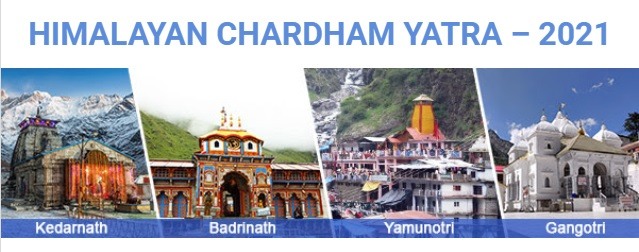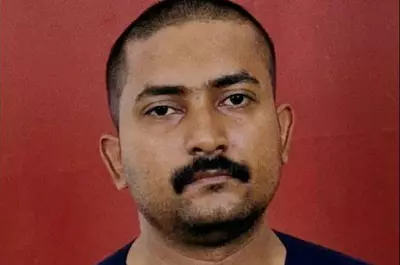The issue regarding voting rights to non-resident Indians (NRIs) is under active consideration of the Indian authorities including the Election Commission of India, Ministry of External Affairs, and Ministry of Law and Justice.
A statement regarding this came from the Election Commission of India recently after Dr. Shamsheer Vayalil, an NRI from United Arab Emirates (UAE), met Sunil Arora, the Chief Election Commissioner (CEC) of India.
The EC is planning to extend the Electronically Transmitted Postal Ballot System on a pilot basis in Australia, Germany, France, New Zealand, the US, Canada, Japan, and South Africa. It means that the Gulf NRIs may have to have wait some time more. Nearly 88,00,000 NRIs live in the Gulf countries. Their inclusion in the Indian voting system is likely in the second phase.
Dr. Shamsheer Vayalil is the petitioner in a Supreme Court public interest litigation (PIL) seeking voting rights for the NRIs.
The ECI issued a statement and said, “The matter is under active and empathic consideration. The panel is in touch with the Ministries of Law & Justice and the External Affairs.”
The meeting and the ECI’s statement hold importance amid reports that the government is planning to implement postal voting rights to the NRIs in non-Gulf countries in the first phase.
Pilot basis
According to reports, the EC is planning to extend the Electronically Transmitted Postal Ballot System on a pilot basis in Australia, Germany, France, New Zealand, the US, Canada, Japan, and South Africa.

It means that the Gulf NRIs may have to have wait some time more. Nearly 88,00,000 NRIs live in the Gulf countries. Their inclusion in the Indian voting system is likely in the second phase.
The matter is under consideration for a quite long time and an amendment bill to the Representation of the People Act, 1951 allowing for proxy voting was passed in the Lok Sabha in 2018. The bill, however, lapsed since it could not be taken up in the Rajya Sabha.
As per current law, an NRI is required to travel to his or her respective constituency to exercise voting rights.
“It is not practical for the NRIs to take part in voting. If the amendment is through, then it will very easy for millions of NRIs to participate in the democratic process,” said a US-based NRI.
The NRIs are expecting the modalities in place by the end of this year and to take part in the country’s democratic process very soon.










